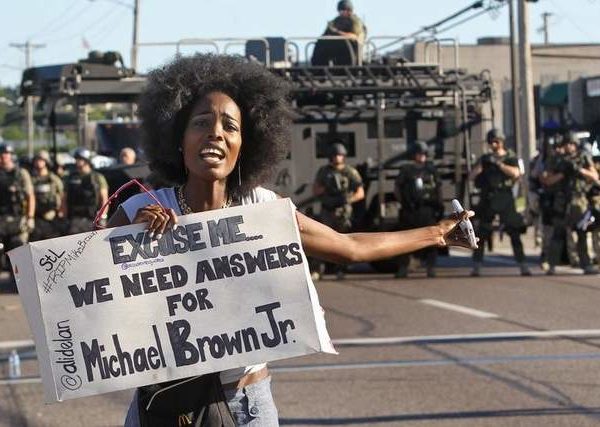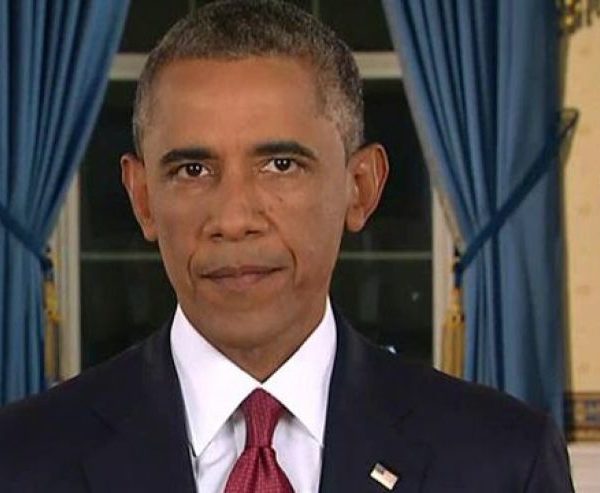
“Genuine tragedies in the world are not conflicts between right and wrong,” Hegel wrote. “They are conflicts between two rights.” In the last few days I have been somehow compelled to meditate on how the rush of events in our world reflect this kind of tragic destiny which perhaps only Hegel, the last genuine philosopher of history, seemed to have comprehended.
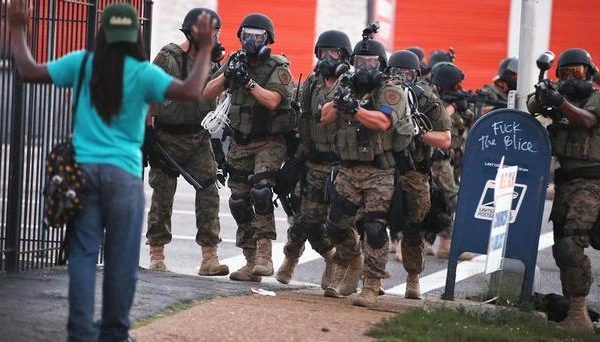
Two questions stand out: Why was Michael Brown killed and why are police units increasingly militarized so that they resemble soldiers in a war zone more than cops on a beat? The answers to these questions do indeed lead back to government–not simply to “big government,” but to a bureaucracy directed to wage war on a class of its citizens, driven by a political culture that ironically champions law and order.
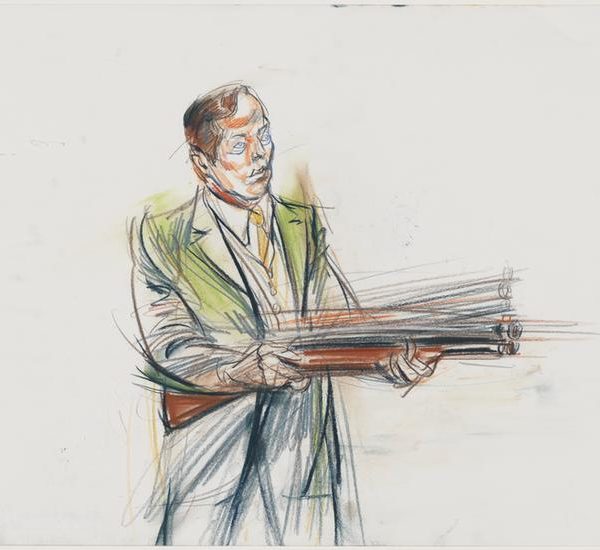
Three years before, Eleanor Bumpurs had been shot. A sixty-six year old black woman shot by a white police officer. Shot twice. With a shotgun. In her home. A case against the police officer wound through the courts in fits and starts. In 1987 the officer was acquitted. It was then, on the streets in front of the courthouse, that the press recorded for the first time the chant, “no justice, no peace.”
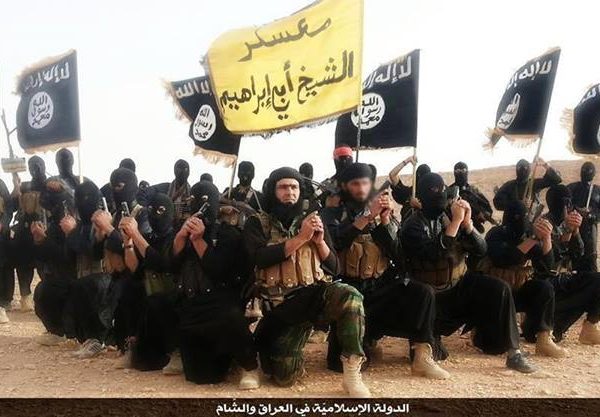
What is happening today in the Middle East – and the strange, deer-in-the-headlights response of Western elites – seems in many ways to be a fulfillment of the predictions of French cultural theorist and political activist Guy Debord, author of The Society of the Spectacle (1967).
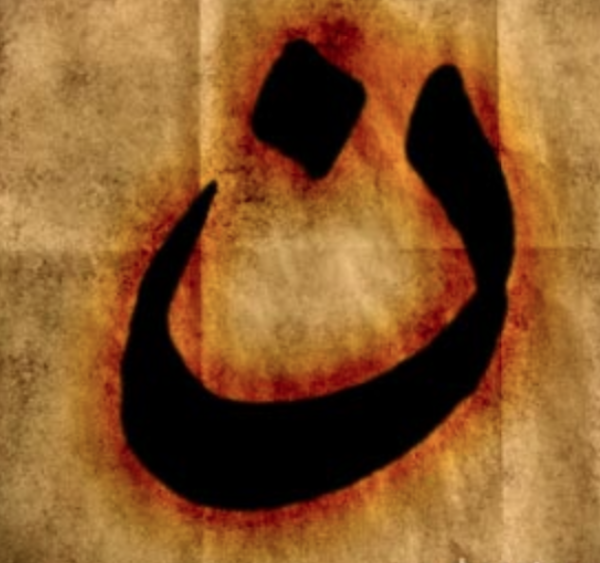
Many of my friends on social media have changed their profile pictures to the Arabic N to indicate their support for and solidarity with Christians who are currently being persecuted in the Middle East. A White House petition calling for the United States Government to offer support to Christians in Iraq has over 41,000 signatures at the time that I am writing this, and is quickly adding more. . . . How should Christians feel about all of this?
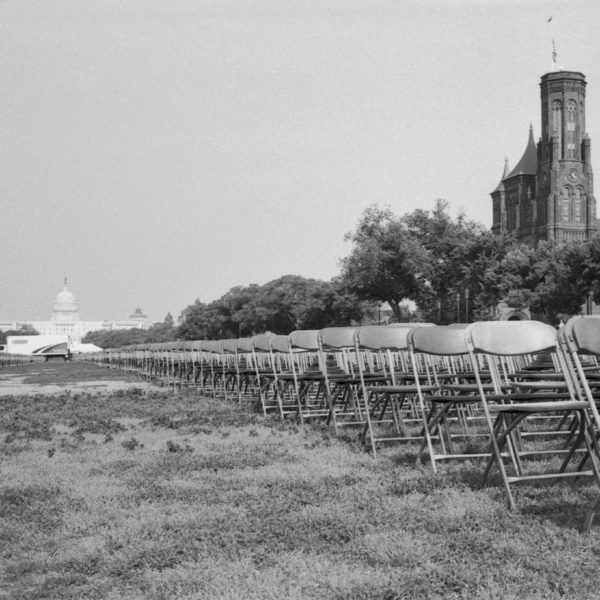
An article published in the Washington Post this past weekend notes that unlike previous midterm elections, this campaign has yet to see the emergence of a dominant, national theme. No one issue—or even set of issues—has taken center stage, cutting in, through, and across the various races. What we have instead is an election constituted through diverse, often locally- or regionally-defined issues that at the end of the day lack any sort of common ground.
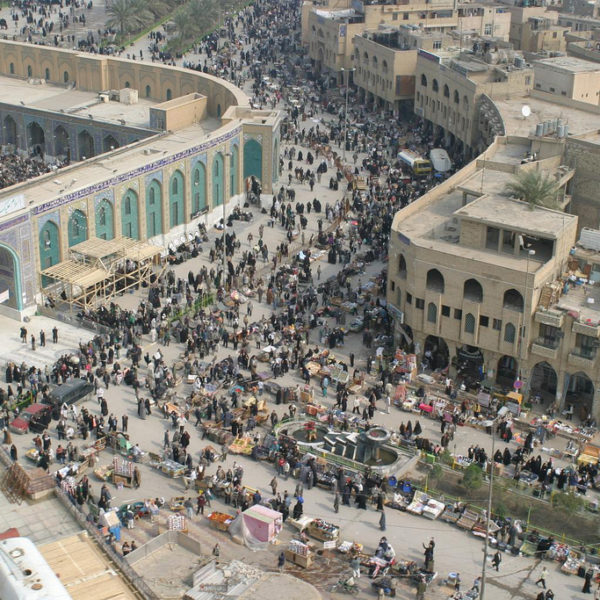
. . . What makes the ideology of ISIS appealing to its members and young recruits, especially those who travel from Europe and desperately want to join the fight, is actually the global message that this group tries to address to its Muslim audience. It has declared its determination to go beyond the parochial nationalist discourse and to establish a sovereign Islamic caliphate that aspires to global jihad.
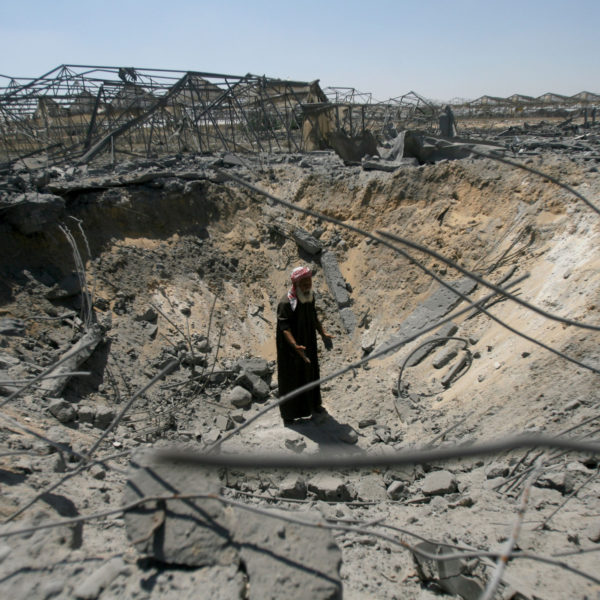
Since World War II, the primary ambition of international humanitarian law — the law of armed conflict — has been to insulate military violence from the civilian population. Military forces are required to identify themselves as such, by wearing clearly marked uniforms, and to discriminate in their selection of targets: They cannot deliberately attack noncombatants or infrastructure that has no military use.
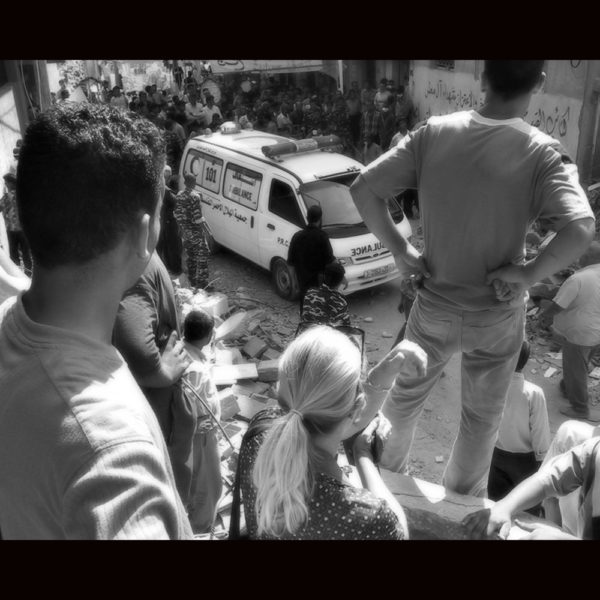
When Israel launched Operation Protective Edge in response to cross-border terrorist rocket-fire, European (see here and here) and US leaders endorsed their claim to have just cause. But were they right to do so? Do the on-going attacks conform to just war criteria? These are separate questions; both are important. We seek to address these issues from the perspectives of international law and Catholic theological ethics.
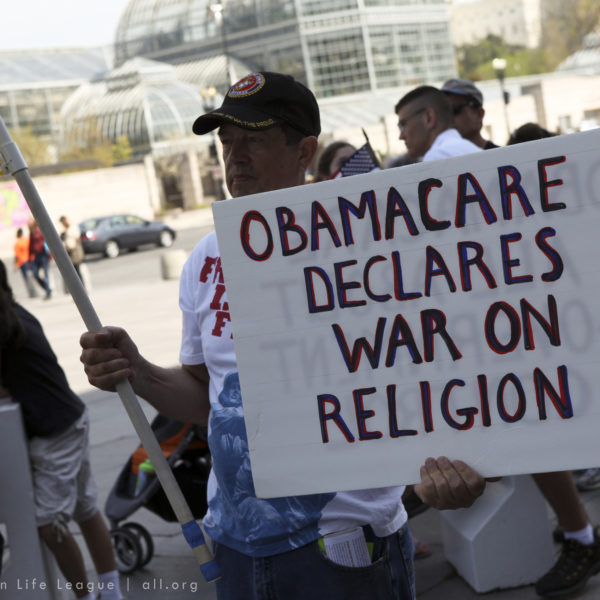
Religion is, of course, no stranger to politics in the United States, a fact that becomes all too clear in election season, as incumbents and their challengers hone their rhetoric to appeal to the theological sensibilities of their base. For better or worse, religion will no doubt continue to play a role in the run-up to the midterm elections. But in the wake of the Supreme’s Court’s decision in Burwell v. Hobby Lobby . . . we can, I think, expect to hear a lot about religious freedom.
